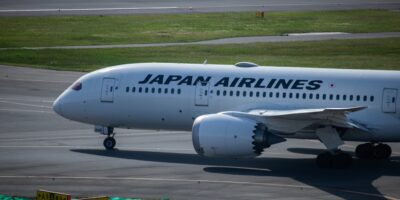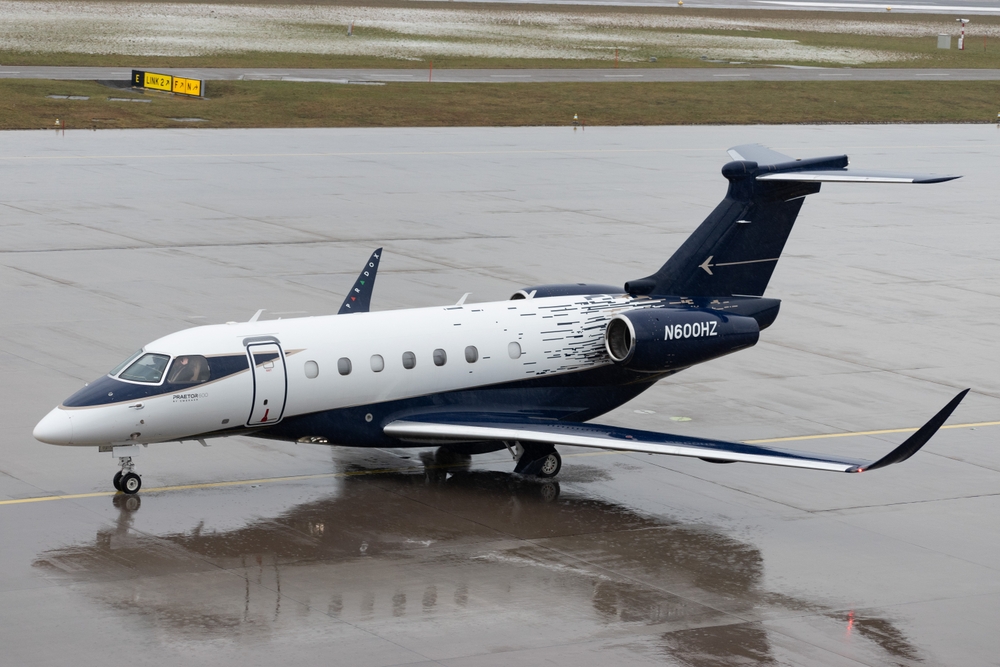Cessna Longitude: A Detailed Overview
The Cessna Citation Longitude is a prominent figure in the super-midsize jet category. Cessna, part of Textron Aviation, introduced this model to fill a specific niche between existing midsize and large-cabin jets. Its development aimed to improve performance, comfort, and cost-efficiency, making it appealing to various business and private operators.

Design and Development
The design process focused on integrating advanced aerodynamics, modern avionics, and robust construction. Engineers made extensive use of computational fluid dynamics to refine the aircraft’s shape, improving fuel efficiency and reducing drag. The clean-sheet design emphasized a balance between speed and range, setting a new standard in its class.
Development milestones included rigorous flight testing, where the prototype met or exceeded performance expectations. The Longitude showcases a T-tail design, featuring a swept-wing configuration that contributes to its impressive aerodynamics. The use of lightweight yet durable materials ensures structural integrity while keeping the overall weight within desirable limits.
Specifications and Performance
The Citation Longitude measures 73 feet 2 inches in length, with a wingspan of 68 feet 11 inches. It boasts a maximum takeoff weight (MTOW) of 39,500 pounds. These dimensions place it in a versatile position, ideal for various airport operations.
- Range: Over 3,500 nautical miles
- Maximum Cruise Speed: 483 knots (Mach 0.84)
- Service Ceiling: 45,000 feet
- Takeoff Distance: 4,810 feet
- Landing Distance: 3,170 feet
These performance numbers highlight the aircraft’s capability to handle both long-haul flights and shorter regional missions. Its range covers transcontinental flights, while the speed ensures time efficiency.
Engines and Avionics
Powering the Longitude are two Honeywell HTF7700L turbofan engines. Each engine provides 7,550 pounds of thrust, delivering reliable performance under various conditions. These engines are known for their efficiency and low emissions, aligning with modern environmental standards.
The avionics suite is a state-of-the-art Garmin G5000 flight deck. This system includes three large multi-function displays, synthetic vision technology, and comprehensive navigation tools. Pilots benefit from touch-screen controls, real-time weather updates, and advanced autopilot capabilities. The G5000 enhances situational awareness and reduces pilot workload, contributing to overall safety and efficiency.
Cabin and Comfort
The cabin of the Citation Longitude is designed with passenger comfort as a priority. It can accommodate up to 12 passengers, with a typical configuration seating eight in a double-club layout. The interior boasts a flat-floor design, providing ample headroom and legroom for all occupants.
The 6-foot stand-up cabin ensures ease of movement, while large windows bring in natural light, creating an airy feel. Noise levels are minimized through advanced acoustic insulation, making the cabin one of the quietest in its class. Amenities include a fully equipped galley, adjustable seating, and modern entertainment systems.
Connectivity options are abundant, with high-speed internet and an array of USB ports. The cabin management system allows passengers to control lighting, temperature, and media from their seats. There’s also a spacious baggage compartment that is easily accessible during flight, adding to the convenience.
Operational Efficiency
The Cessna Longitude is designed for optimal operational efficiency. It utilizes advanced winglets and aerodynamic surfaces to reduce fuel consumption. Maintenance intervals are extended, lowering direct operating costs. The fuel-efficient engines contribute to a lower carbon footprint, making it an environmentally friendly choice within its category.
Performance on short runways and high-altitude airports is exceptional. This capability expands the range of potential destinations, offering greater flexibility for operators. The aircraft’s robust landing gear and braking systems ensure safe operation in various conditions, improving reliability and uptime.
Market Position and Customer Appeal
The Citation Longitude fits strategically in the gap between midsize and large-cabin jets. It attracts owners who need the range and speed of larger jets but prefer the cost and accessibility of midsize aircraft. Its price point provides value without sacrificing performance or comfort.
Customer feedback highlights the jet’s reliability, ease of operation, and passenger experience as key positives. Business travelers appreciate the time savings, while private owners praise the luxury features. The Longitude consistently rates high in customer satisfaction surveys, affirming its position in the market.
Technological Innovations
Cessna incorporated several technological innovations in the Longitude. The flight deck’s synthetic vision system enhances safety by providing a clear, 3D graphical representation of the terrain, even in low visibility. The inclusion of advanced weather radar helps pilots navigate adverse conditions more effectively.
The aircraft’s structural design leverages advanced material sciences. Composite materials are used in critical areas to reduce weight while maintaining strength. This innovation contributes to better performance metrics and longevity.
Safety Features
Safety is paramount in the design of the Citation Longitude. The G5000 avionics suite includes multiple layers of redundancy, ensuring continuous operation of critical systems. The aircraft is equipped with a Traffic Collision Avoidance System (TCAS), Terrain Awareness and Warning System (TAWS), and an enhanced automatic dependent surveillance-broadcast (ADS-B) system.
The robust design of the landing gear also enhances safety during takeoff and landing. Advanced braking systems and anti-skid technology further support safe operations. In the cabin, emergency equipment is easily accessible, and aisle space allows for rapid evacuation if needed.
Competitors and Market Dynamics
In the competitive landscape, the Citation Longitude faces rivals such as the Bombardier Challenger 350 and the Gulfstream G280. Each competitor boasts unique features, but the Longitude sets itself apart with its balance of performance, cost-efficiency, and passenger comfort.
Market dynamics favor aircraft that deliver value through operational efficiency and customer satisfaction. The Longitude has carved a niche by meeting these expectations. Its competitive pricing and innovative features make it a strong contender in the super-midsize category.
Environmental Considerations
The aviation industry is increasingly focused on sustainability. The Longitude’s fuel-efficient engines and aerodynamic design contribute to lower emissions. Advanced materials used in construction further enhance its environmental credentials by reducing the overall carbon footprint.
Operators of the Longitude can also participate in carbon offset programs, further minimizing their environmental impact. These initiatives are part of broader efforts within the aviation community to promote greener practices.
Operational Use
The Citation Longitude is versatile, suitable for both corporate travel and personal use. It’s also a popular choice for charter operators due to its reliability and passenger appeal. Its range allows for non-stop flights across continents, making it a practical choice for international travel.
Private owners appreciate the aircraft’s ease of maintenance and operational efficiency. Its performance and comfort make it a preferred choice for those seeking a balance of luxury and practicality in their travels. The ability to access smaller airports increases its utility, providing more options for travel planning.
Future Prospects
The Cessna Citation Longitude represents a significant achievement in aviation engineering. Its blend of performance, comfort, and cost-efficiency ensures it will remain a key player in the market. With ongoing advancements in technology and materials, future iterations of the Longitude are likely to offer even greater capabilities and enhancements.

